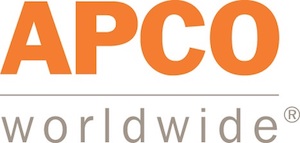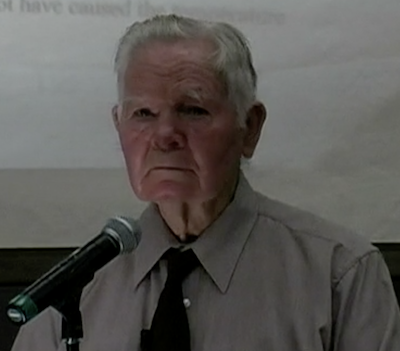Business for Britain
Background
Business for Britain (BfB) was founded in 2013 as a campaign group for business leaders supporting a referendum on the UK’s membership of the EU. It was founded by Matthew Elliott, founder and former Chief Executive of the Taxpayers’ Alliance, one of the right-wing organisations occupying 55 Tufton Street, where Business for Britain is also based as of August 2019.
Initially summarised in a statement signed by over 500 businesses in 2013, BfB’s objective is to provide a forum for business leaders to contribute towards the transition of the UK out of the EU. Elliott later explained that the group was formed to “demonstrate that the business community was divided on the EU and to combat the general assumption that all business leaders were fanatically pro-EU”.
One of the most significant contributions of BfB to the Brexit debate was the publication of Change, or go in June 2015, which sought to outline suggestions for trade deals post-Brexit. The editor-in-chief was Matthew Elliott, and two other drafters of the publication were prominent figures in Vote Leave. One of the editors of Change, or go was Andrew Allum, the co-founder of the Taxpayers’ Alliance. BfB received funding for the report from the Politics and Economics Research Trust, which was subsequently investigated by the Charity Commission and led to BfB being forced to return the funding.
Lord Nigel Vinson, vice president of the Institute of Economic Affairs and funder of numerous free-market organisations including the Global Warming Policy Foundation climate science denial group, was a member of Business for Britain’s advisory council.
Stance on Climate Change
In 2014 BfB put forward an ‘Energy Policy and the EU’ briefing paper, which discusses Climate Change only in that EU regulations and policy has driven up the cost of energy in the UK.
The paper also suggests the UK opt out of the EU Emissions Trading Scheme, and EU renewable targets. However, the paper has since disappeared from BfB’s website, indicating that Climate Change is not a priority for the group.
Key Actions
November 19, 2018
Business for Britain founder Matthew Elliott was reported as being part of a complex lobbying network linking advocates of a hard Brexit to US fossil fuel companies. The group had seen its capital and reserves increase fourfold following the Brexit referendum, reaching £300,199 in 2017, up from £73,188 in 2016. Matthew Elliott told DeSmogUK that Business for Britain received no funds from organisations outside of the UK.
January 2016
Matt Ridley and Owen Paterson join the group Business for Britain, continuing the connections between pro-Brexit lobbying interests and climate science denial, which DeSmog UK has previously mapped.
Matt Ridley has previously used his seat in the House of Lords to discuss Climate Change, of which he has voiced his scepticism in a column for the Wall Street Journal. He is also an advisor to the Global Warming Policy Foundation (GWPF), a well known climate science denial organisation.
Owen Paterson is the brother-in-law of Matt Ridley, and was sacked from his role as Environment Secretary by then Prime Minister David Cameron for believing Climate Change is not a serious problem.
June 2015
Business for Britain published Change, or go, a publication outlining their suggestions for trade deals post-Brexit. The editor-in-chief was Matthew Elliott, who is heavily connected to the pro-Brexit and climate science denial groups that occupy 55 Tufton Street.
August 2014
Business for Britain produced their ‘Energy Policy and the EU’ briefing paper, which has been archived and can be viewed here. It was authored by Matthew Elliott, founder of right wing organisation the Taxpayers’ Alliance, and Oliver Lewis, who has previously worked with Michael Gove.
The paper claims EU regulations and policy are harming British businesses, and that EU energy regulations have driven up the cost of energy in the UK. DeSmog UK has previously called this paper one of “only two relatively clear strategies” on energy and climate policy from the pro-Brexit lobbyist groups. There is a network of connections between Brexit lobby groups and climate science denial in both the US and the UK, as DeSmog UK has previously mapped.





